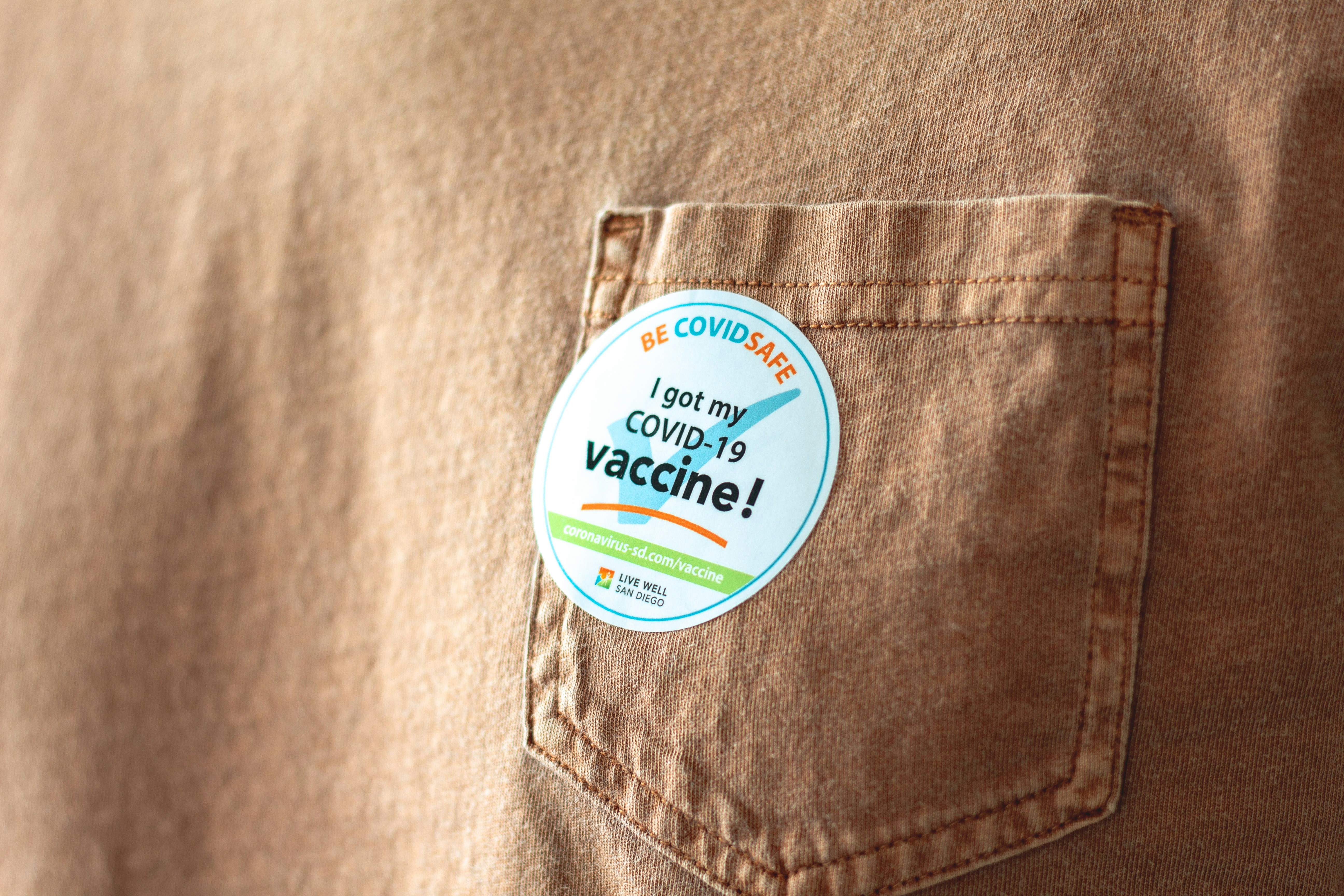Attachments
Note: Not all attachments are visible to the general public. Research URLs will go live after the embargo ends.

Journal/
conference: JAMA Psychiatry
conference: JAMA Psychiatry
Research:Paper
Organisation/s:
University of Bristol, UK
Funder:
This work was supported by the
COVID-19 Longitudinal Health andWellbeing
National Core Study, which is funded by the Medical
Research Council (MRC) (MC_PC_20059) and the
National Institute for Health and Care Research
(NIHR) (COV-LT-0009). Dr V.Walker is also
supported by the Medical Research Council (MRC)
Integrative Epidemiology Unit at the University of
Bristol (MC_UU_00032/03). DrWei was supported
by a UK Research and Innovation (UKRI) MRC
(MC/W021358/1) and received funding from UKRI
Engineering and Physical Sciences Research Council
impact acceleration account (EP/X525789/1).
Dr Mehrkar received funding from the Bennett
Foundation,Wellcome Trust, NIHR Oxford
Biomedical Research Centre, NIHR Applied
Research Collaboration Oxford and Thames Valley,
and the Mohn-Westlake Foundation. The
OpenSAFELY Platform is supported by grants from
theWellcome Trust (222097/Z/20/Z) and the MRC
(MR/V015737/1, MC_PC_20059, and MR/W016729/
1). In addition, development of OpenSAFELY has
been funded by the Longitudinal Health and
Wellbeing strand of the National Core Studies
programme (MC_PC_20030: MC_PC_20059), the
NIHR-funded CONVALESCENCE programme
(COV-LT-0009), the NIHR (NIHR135559 and
COV-LT2-0073), and the Data and Connectivity
National Core Study funded by UK Research and
Innovation (MC_PC_20058) and Health Data
Research UK (HDRUK2021.000).
Role of the Funder/Sponsor: The funders had
no role in the design and conduct of the study;
collection, management, analysis, and
interpretation of the data; preparation, review, or
approval of the manuscript; and decision to submit
the manuscript for publication.



 International
International


